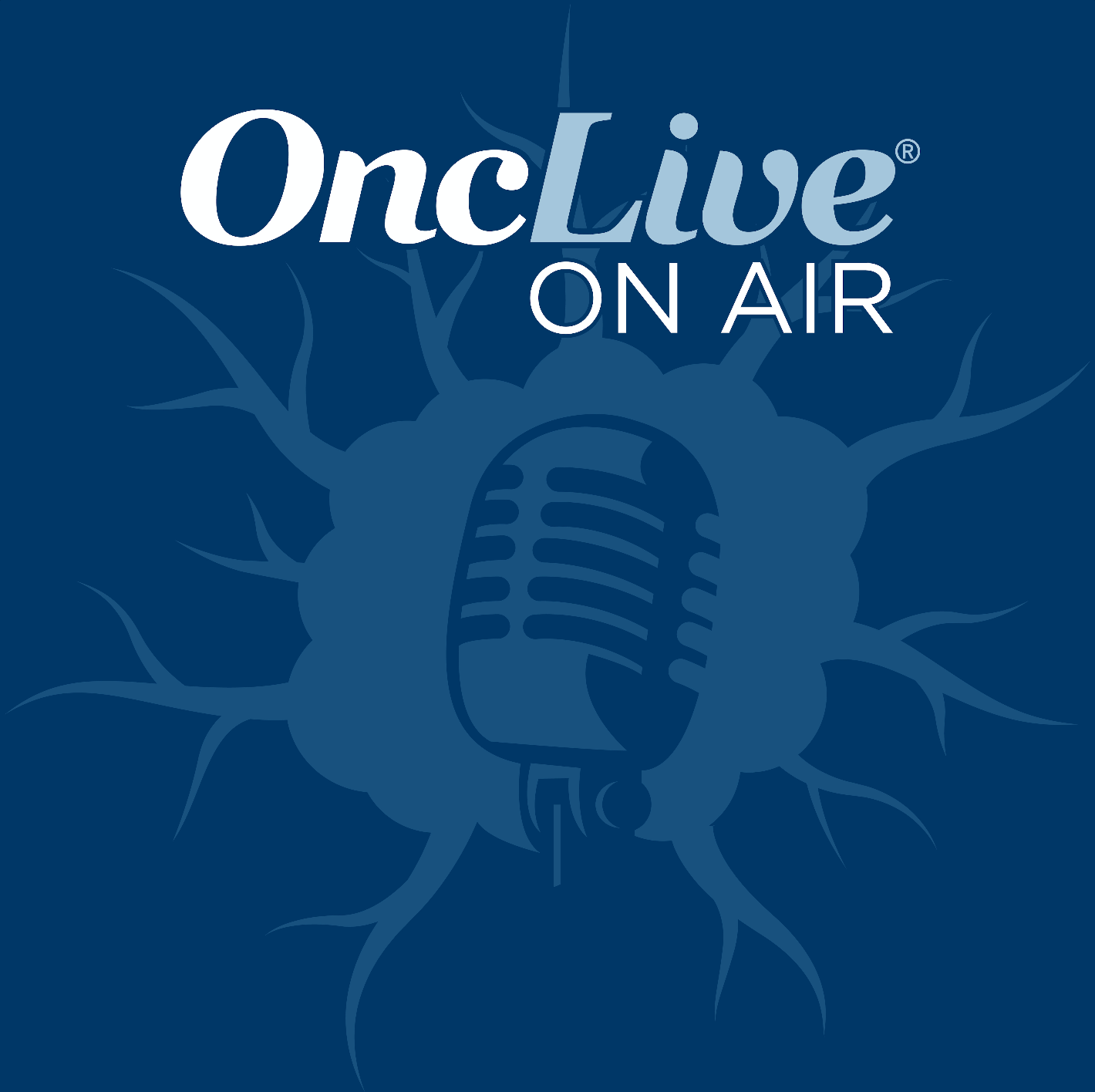Video
Dr. Upadhyaya on the Importance of Long-Term Follow-Up in Pediatric Patients With Ependymoma
Author(s):
Santhosh Upadhyaya, MD, neuro-oncologist, St. Jude Children’s Research Hospital, discusses the importance of long-term follow-up in pediatric patients with ependymoma.
Santhosh Upadhyaya, MD, neuro-oncologist, St. Jude Children’s Research Hospital, discusses the importance of long-term follow-up in pediatric patients with ependymoma.
In the 10-year-long SJYC07 trial, researchers examined the use of radiation therapy for young children under the age of 3 with ependymoma. The trial reported that the use of chemotherapy and subsequent radiation is safe in treating residual cancer after surgical resection. However, Upadhyaya notes that the long-term side effects of radiation and chemotherapy are still a matter of concern. Specifically, neurocognitive deficits, endocrine issues, vascular problems, and potential secondary malignancies.
Therefore, patients who receive this protocol need to be closely monitored. At St. Jude’s, these children are monitored every 3 months with scans and physical exams. Visits are then extended to every 4 or 6 months based on the physician’s discretion and absence of recurrence. Long-term follow-up is especially important for patients with ependymoma, as those tumors can recur after the traditional 5 years of follow up.




%201%20(1)-Recovered%20copy.jpg?fit=crop&auto=format)


%201%20(1)-Recovered%20copy.jpg?fit=crop&auto=format)